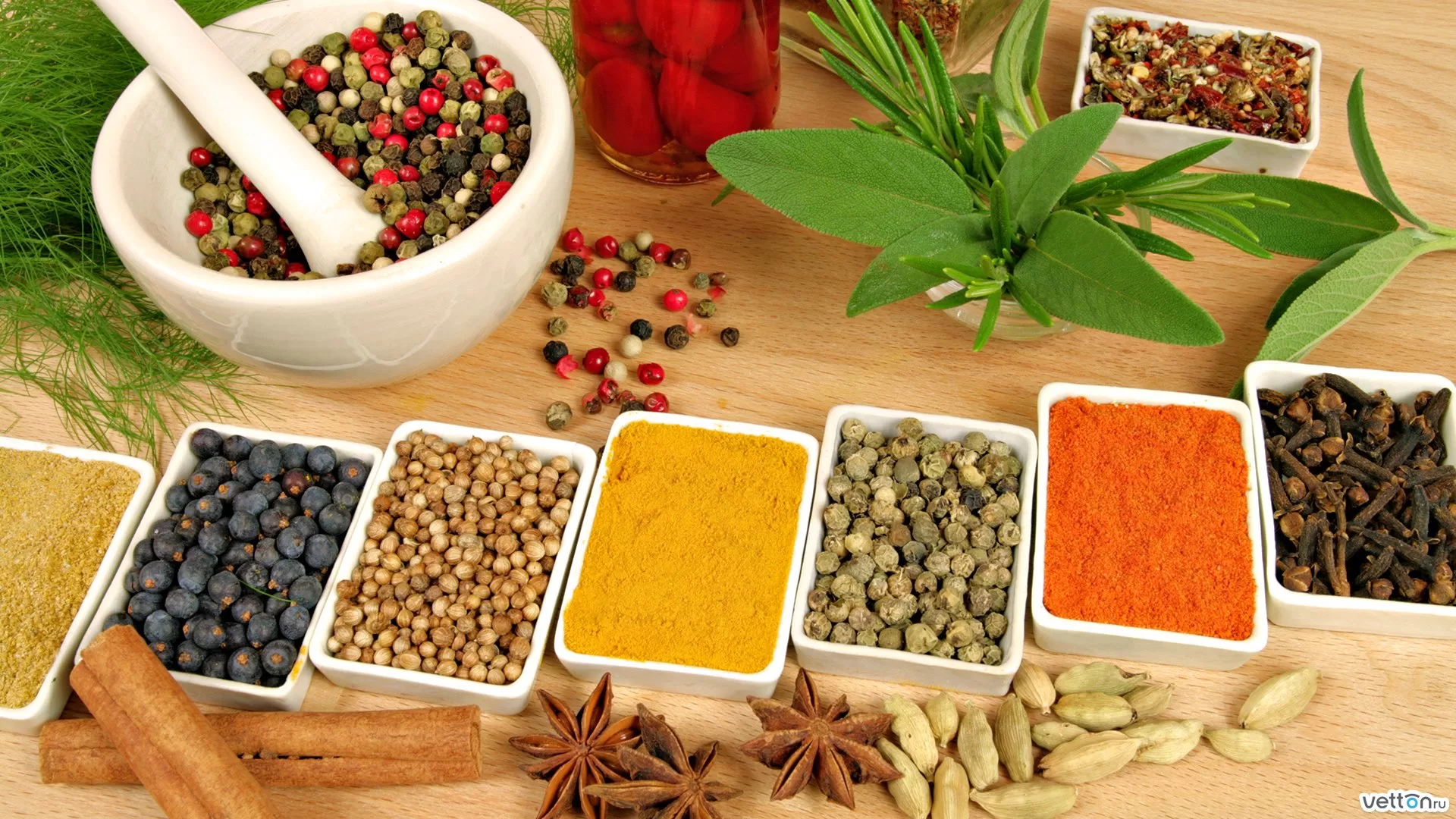Traditional Siddha practice is a holistic system of medicine that focuses on treating the whole person, rather than just their physical symptoms. It is based on the belief that the human body is made up of three fundamental energies: vatham, pitham and kabam. These energies are believed to be responsible for the body’s physical, mental, and spiritual well-being.
Siddha medicine uses a variety of treatments, including herbal medicine, mineral-based medicine, and alchemy. It also emphasizes the importance of diet, exercise, and meditation in maintaining health.
Siddha practitioners use a combination of treatments to address imbalances in the three energies, including:
Herbal medicine: Siddha practitioners use a wide range of herbs to treat various health conditions. These herbs are often used in combination with minerals and other natural substances to create complex formulations.
Mineral-based medicine: Siddha practitioners use various minerals and metals, such as mercury and sulfur, in their treatments. These substances are believed to have powerful healing properties.
alchemy: Siddha practitioners also use alchemy, which is the process of transforming one substance into another, to prepare medicines.
Panchakarma: Siddha practitioners also use Panchakarma, a set of five purification techniques, to cleanse the body of toxins and rejuvenate the body’s natural healing processes.
Yoga and Meditation: Siddha practitioners believe that yoga and meditation can help to balance the body’s energies and improve overall health.
Diet and lifestyle: Siddha practitioners also recommend specific diet and lifestyle changes to support healing and maintain overall health.
Siddha medicine is considered to be a preventive medicine and is used to prevent and manage chronic diseases, such as diabetes and hypertension. It is also used to treat acute conditions such as injuries and infections.
Siddha medicine is widely used in South India and Sri Lanka and is considered to be an important part of traditional Indian medicine.
















